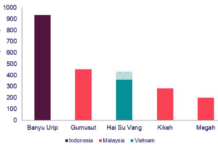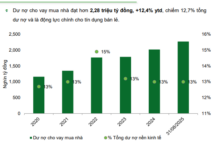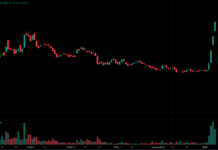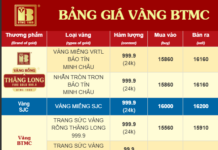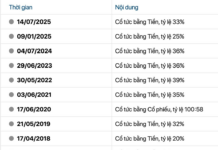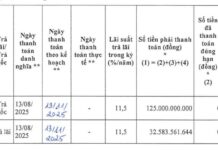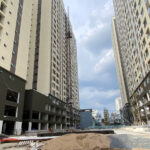Soaring House Prices
The Ministry of Construction’s report on housing policies and the real estate market for the first nine months reveals a significant price surge. In the apartment segment, prices in Hanoi and Ho Chi Minh City remain high. In Hanoi, average primary prices range from 70 to 80 million VND/m², up 5.6% from the beginning of the year and 33% compared to the same period in 2024. Luxury projects record even higher prices, ranging from 150 to 300 million VND/m². In Ho Chi Minh City, average primary prices are around 75 million VND/m², a 36% increase year-on-year. High-end projects start at 150 million VND/m².
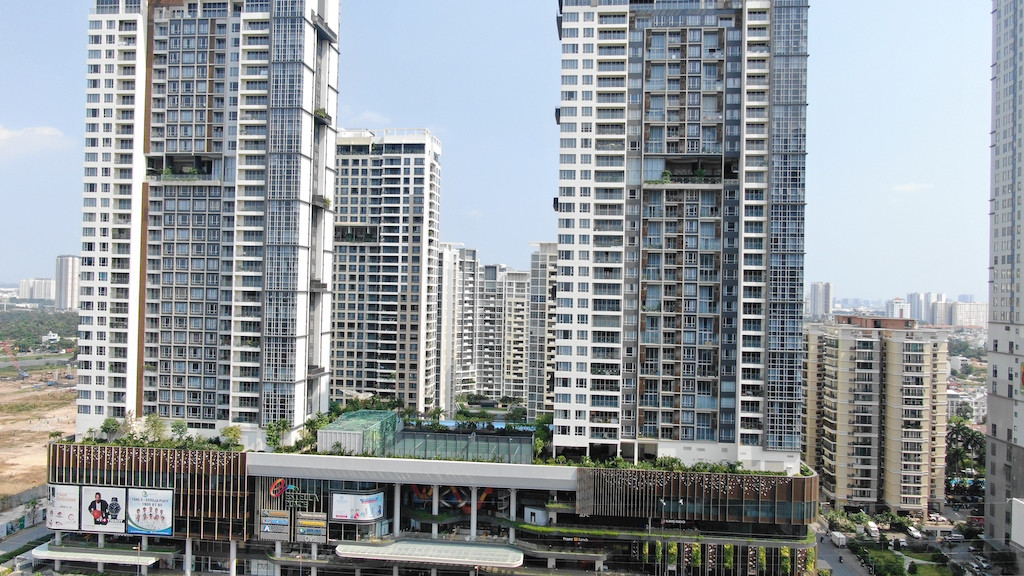
Real estate transaction prices are gradually rising but do not yet reflect true market value.
Despite rising prices, transaction volumes have increased insignificantly. Approximately 430,769 transactions were recorded, a mere 1% rise compared to 2024.
The Ministry highlights that property prices are climbing annually but fail to mirror actual market values. Prices remain high relative to average incomes, exacerbated by hoarding, price manipulation, and speculation. These practices distort supply-demand dynamics, making housing unaffordable for middle- and low-income urban residents.
“These challenges indicate that the real estate market faces not only supply-demand pressures but also systemic regulatory hurdles. Without comprehensive solutions, the market will remain imbalanced, with escalating prices, limited supply, and unmet housing demands,” the report states.
Lê Hoàng Châu, Chairman of HoREA, emphasizes that land costs are critical economic inputs. Reducing housing prices requires state intervention to rationalize land revenue. “Rising land values and associated financial obligations create market inefficiencies for businesses, citizens, and the economy,” he notes.
Võ Nhật Liễu, Director of PROPIIN, highlights that land fees currently account for 20% of project costs—a significant challenge for developers. “Land fees are unpredictable, lacking a standardized calculation method,” she explains.
“The 2026 land fee adjustments need a phased implementation to prevent market shocks. Given recent pilot impacts, abrupt changes could destabilize the market. Gradual adjustments are essential to support citizens and businesses,” Liễu adds.

Rationalizing state land revenue is key to reducing housing prices.
Lawyer Trương Anh Tú advocates for transparent land valuation processes. “Land pricing must be open, with published maps, adjustment factors, and methodologies,” he urges.
Ongoing Reforms
Võ Anh Tuấn, Deputy Director of the Land Management Department, confirms that 2026 will see new land price tables, with adjustments to avoid post-merger shocks. While some localities have narrowed price gaps, others face delays or excessive increases, impacting citizens.
Tuấn notes issues with agricultural-to-residential land conversions due to flawed calculations. The department is amending Decree 71/2024 and the Land Law, introducing five-year price tables with annual adjustment factors.
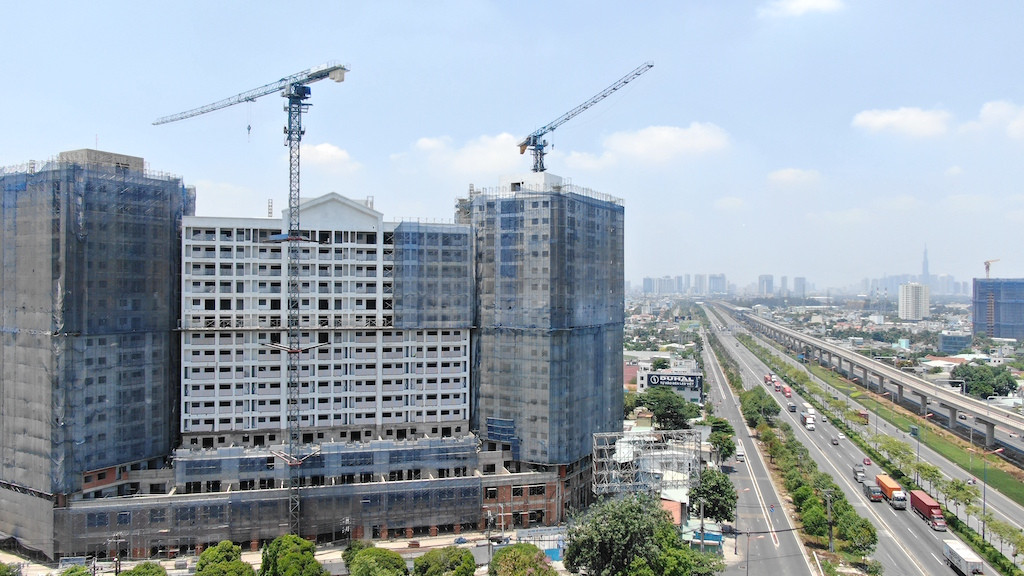
Without coordinated measures, the real estate market will remain imbalanced as prices rise.
Dr. Phạm Viết Thuận proposes Land Law amendments to cap price adjustments at 3-5% and introduce factor K for stability. He recommends land fees over price hikes for sustainable revenue.
The Land Management Department is implementing unique land identifiers, linking each plot to a national database. This system promises to streamline information access via QR codes or identifiers.
How Will the National Housing Fund Revolutionize the Real Estate Market?
The establishment of a National Housing Fund has the potential to revolutionize the current imbalanced real estate market. By targeting the creation of this fund, we aim to support not only the development of social housing but also the growth of affordable commercial housing, utilizing tailored mechanisms for each category.
“Land Brokers” Quietly Exit After Flooding Rural Areas, Fueling Daily Land Price Surges
With the announcement of the West Ha Tinh Industrial Zone, the real estate market in Toan Luu village (Ha Tinh) has been set ablaze. Hordes of property agents flocked to the area, driving up interest and causing a frenzy, only to disappear as quickly as they came, leaving behind a sizzling market in their wake.
Distorted Real Estate Market Structure: Speculation and Group Interests Dominate, Says Prof. Tran Dinh Thien
Renowned economist Prof. Dr. Trần Đình Thiên highlights the distorted nature of Vietnam’s real estate market, which has shifted towards speculation and is often governed by vested interests rather than fair market principles.





